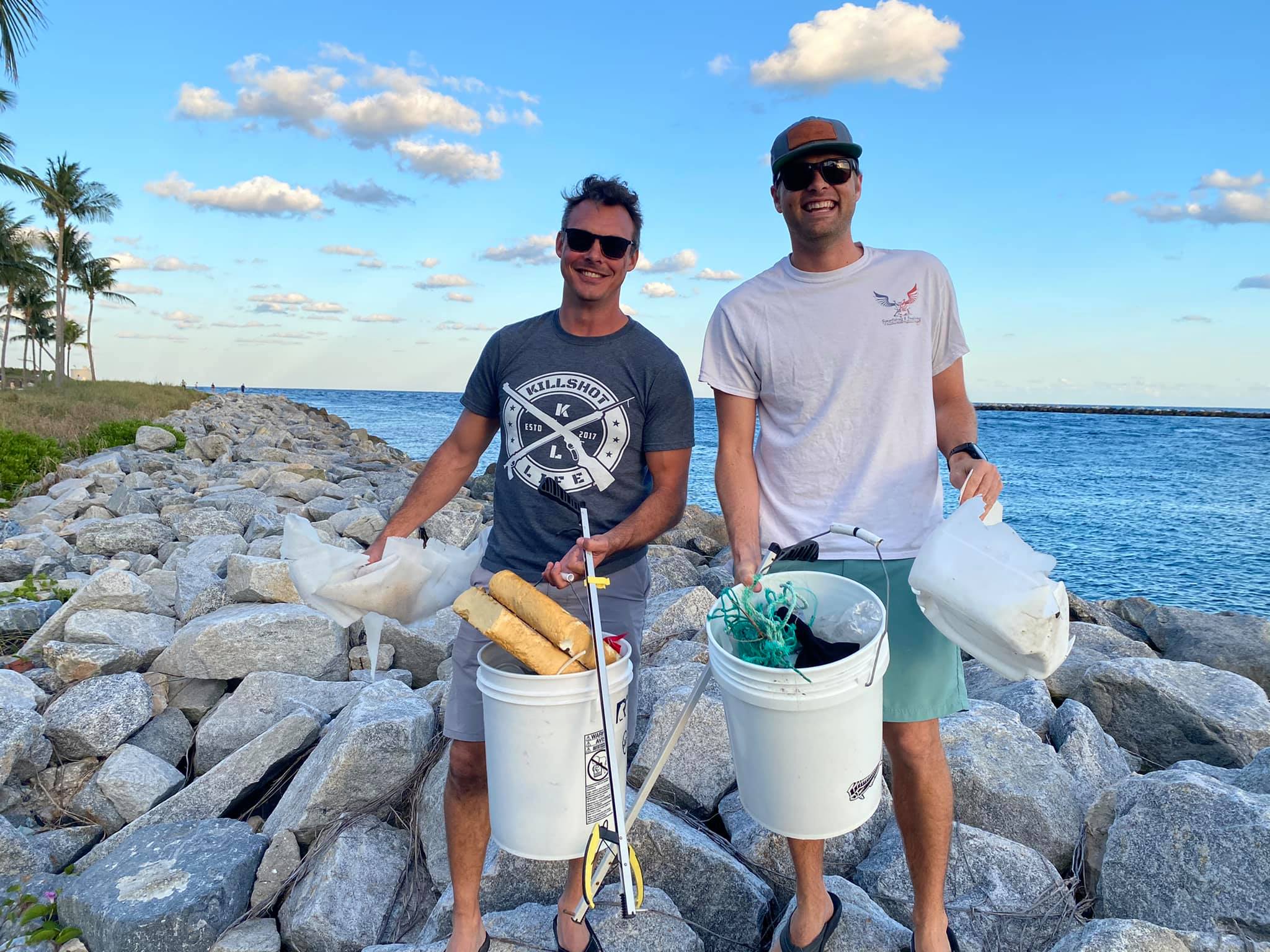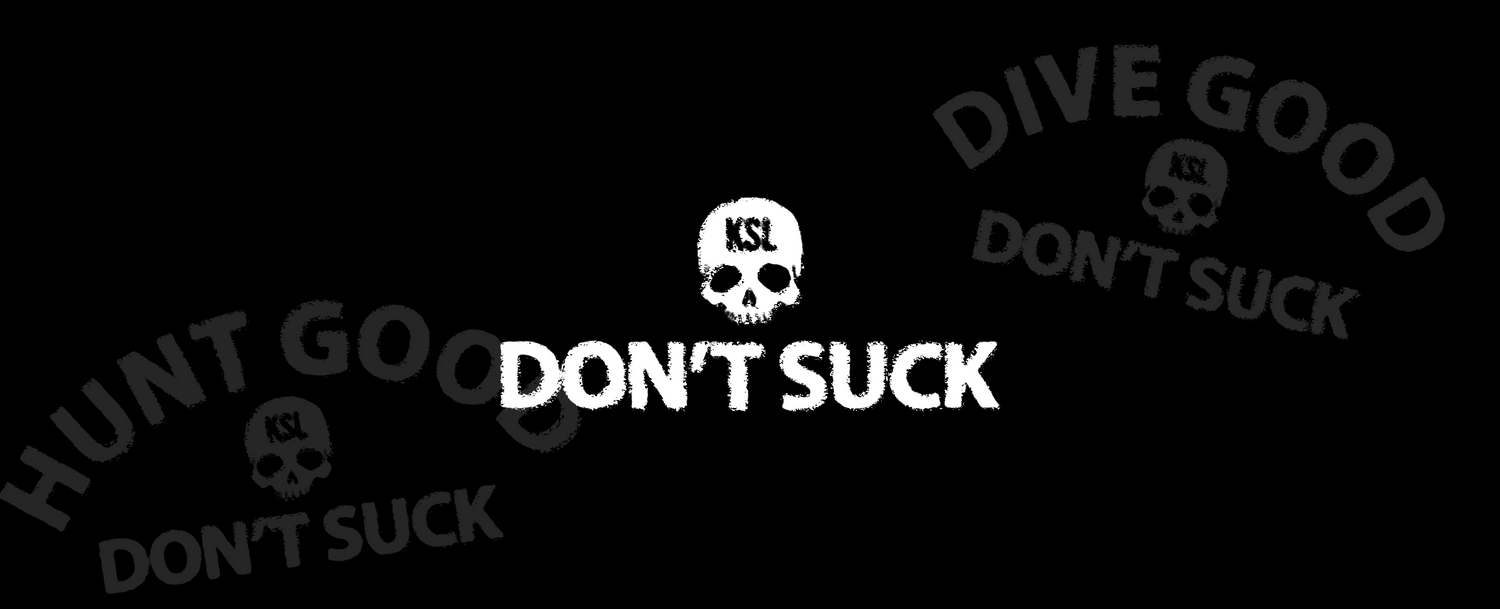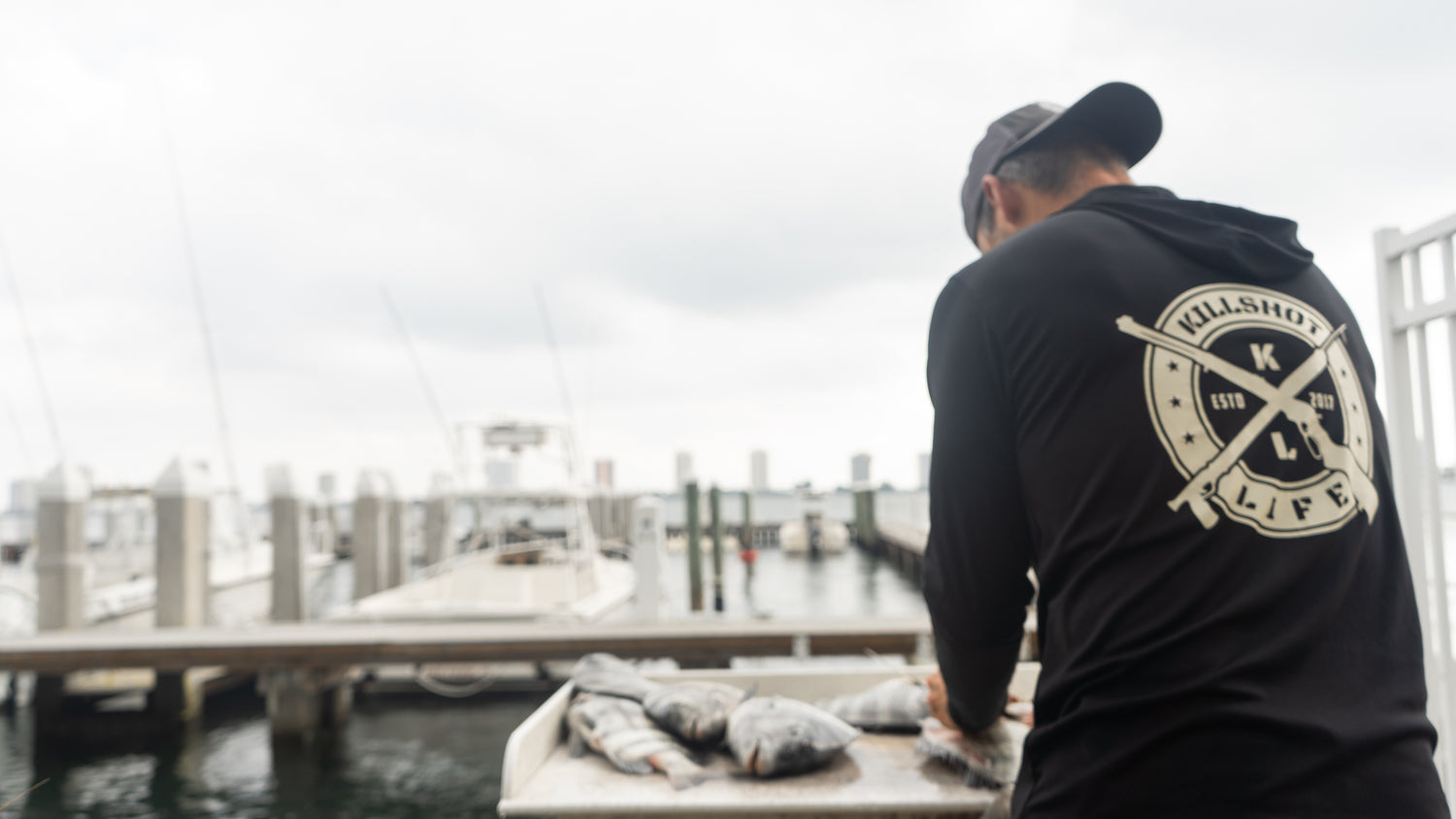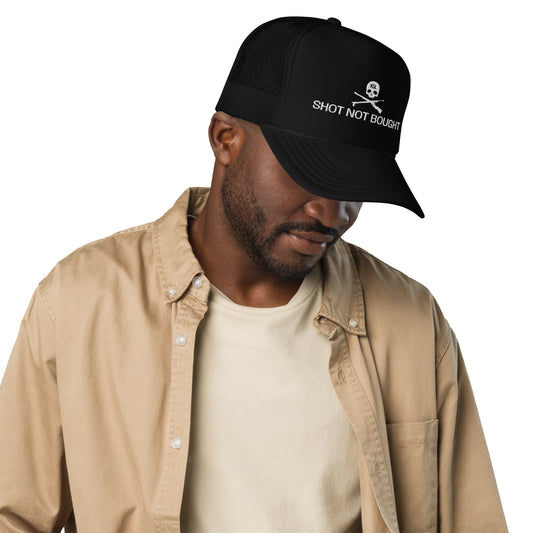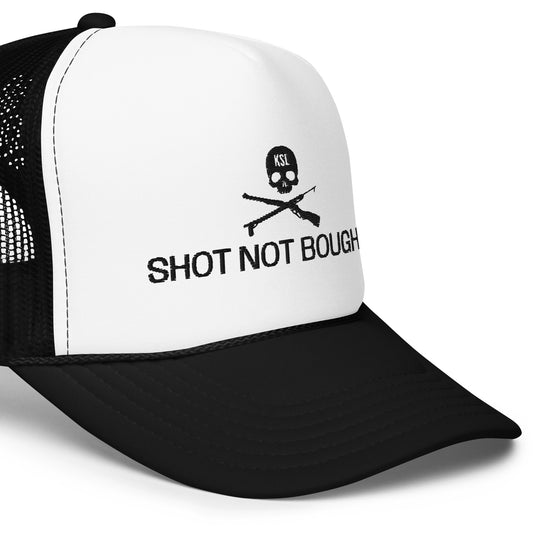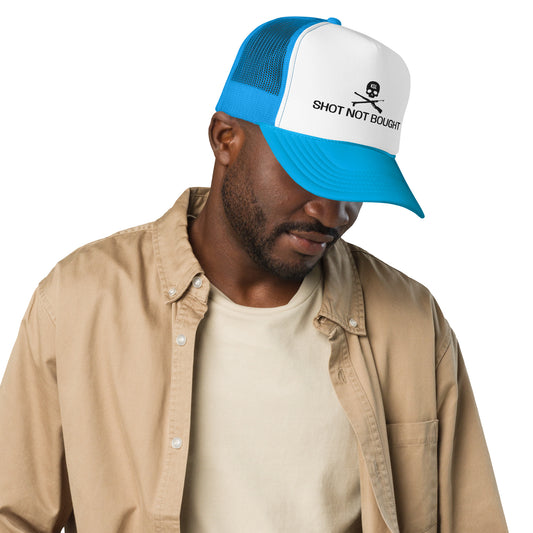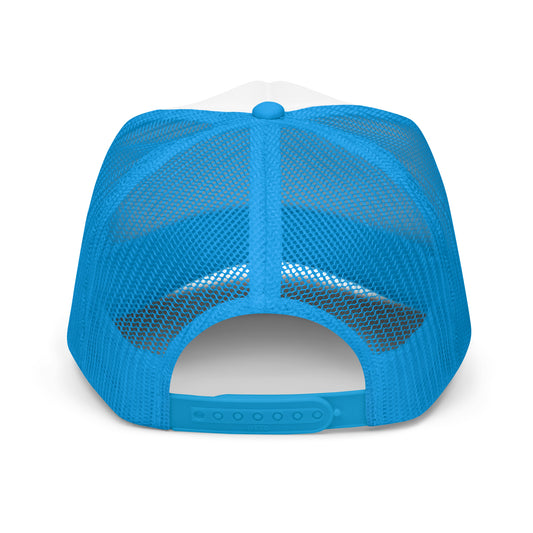
Spearfishing is an exciting and challenging underwater sport that combines hunting and diving skills. If you're a novice eager to explore the world beneath the waves and catch your own dinner, this guide is here to help you get started safely and responsibly. Spearfishing requires practice, patience, and respect for the marine environment. Follow the instructions below to get started, and if you're looking for some suggestions on gear, we've put together some equipment lists.
Get Proper Training
Before you dive headfirst into spearfishing, it's crucial to undergo proper training. Consider enrolling in a certified spearfishing course or finding an experienced mentor to teach you the ropes. Learning from experts will help you develop essential skills, understand safety protocols, and gain knowledge about local regulations and fish species. Drop me a line if you're looking for recommendations!
Equip Yourself
Spearfishing requires specific gear to ensure your safety and success. Here's a list of essential equipment:
a. Spearfishing Gear:
- Speargun or pole spear: Your primary tool for catching fish.
- Speargun bands and shafts: Replaceable parts for your speargun.
- Dive mask: Provides visibility and helps equalize pressure.
- Snorkel: Allows you to breathe while floating on the surface.
- Fins: Improve maneuverability and efficiency underwater.
- Weight belt: Keeps you submerged comfortably.
- Wetsuit: Provides thermal insulation and protection from marine life.
- Gloves: Protect your hands from sharp objects.
- Knife: A safety tool for cutting lines and freeing yourself if necessary.
b. Safety Equipment:
- Dive flag: Signals to boaters that you are in the water.
- Float or buoy: Helps you rest, store your catch, and signal for assistance.
- First-aid kit: For minor injuries and emergencies.
We've put some equipment lists together here to get you started.
Learn the Basics of Freediving
Spearfishing involves freediving, which means holding your breath while underwater. It's essential to practice breath-holding techniques, improve your lung capacity, and develop efficient swimming techniques. Remember to never push your limits and always dive with a buddy for safety.
Understand Local Regulations
Before spearfishing in any area, familiarize yourself with local laws and regulations. These rules vary by location and may include restrictions on the types and sizes of fish you can catch, protected species, and designated marine reserves. Complying with these regulations is crucial to protect the environment and avoid fines or penalties.
Know Your Target Species
Research the fish species you plan to hunt, including their behavior, habitat, and seasonal patterns. Understanding your target species will improve your chances of success and ensure you're not hunting endangered or protected fish.
Practice Responsible Hunting
Spearfishing is not about catching as much as you can; it's about sustainable and responsible hunting. Respect marine life and the ecosystem by following these guidelines:
a. Selective hunting: Only take what you intend to eat, and avoid harming undersized or non-target species.
b. Proper shot placement: Make humane kills by targeting vital organs.
c. Avoid overfishing: Don't deplete populations of certain fish.
d. Respect the environment: Avoid damaging coral reefs, seagrass beds, and other marine habitats.
e. Leave no trace: Pick up any trash or debris you encounter.
Safety First
Safety should always be your top priority when spearfishing. Here are some essential safety tips:
a. Dive with a buddy: Never dive alone; having someone there can be a lifesaver in emergencies.
b. Equalize regularly: Clear your ears to avoid barotrauma (pressure-related injuries).
c. Monitor your air supply: Keep track of your breath-holding limits and surface regularly to breathe.
d. Watch for signs of hypoxia: Be aware of symptoms like dizziness or confusion.
e. Be cautious around predators: Keep an eye out for sharks and other potentially dangerous marine life.
f. Never point your speargun at anything you don't intend to shoot. Even an unloaded speargun should never be pointed at a person.
Spearfishing is an exhilarating way to connect with the underwater world while providing sustenance through responsible hunting. By following proper training, respecting the environment, and prioritizing safety, you can enjoy this thrilling sport while helping to preserve our oceans for future generations. So, gear up, dive in, and enjoy the adventure of spearfishing while contributing to marine conservation efforts.
Gear up with these equipment lists!

